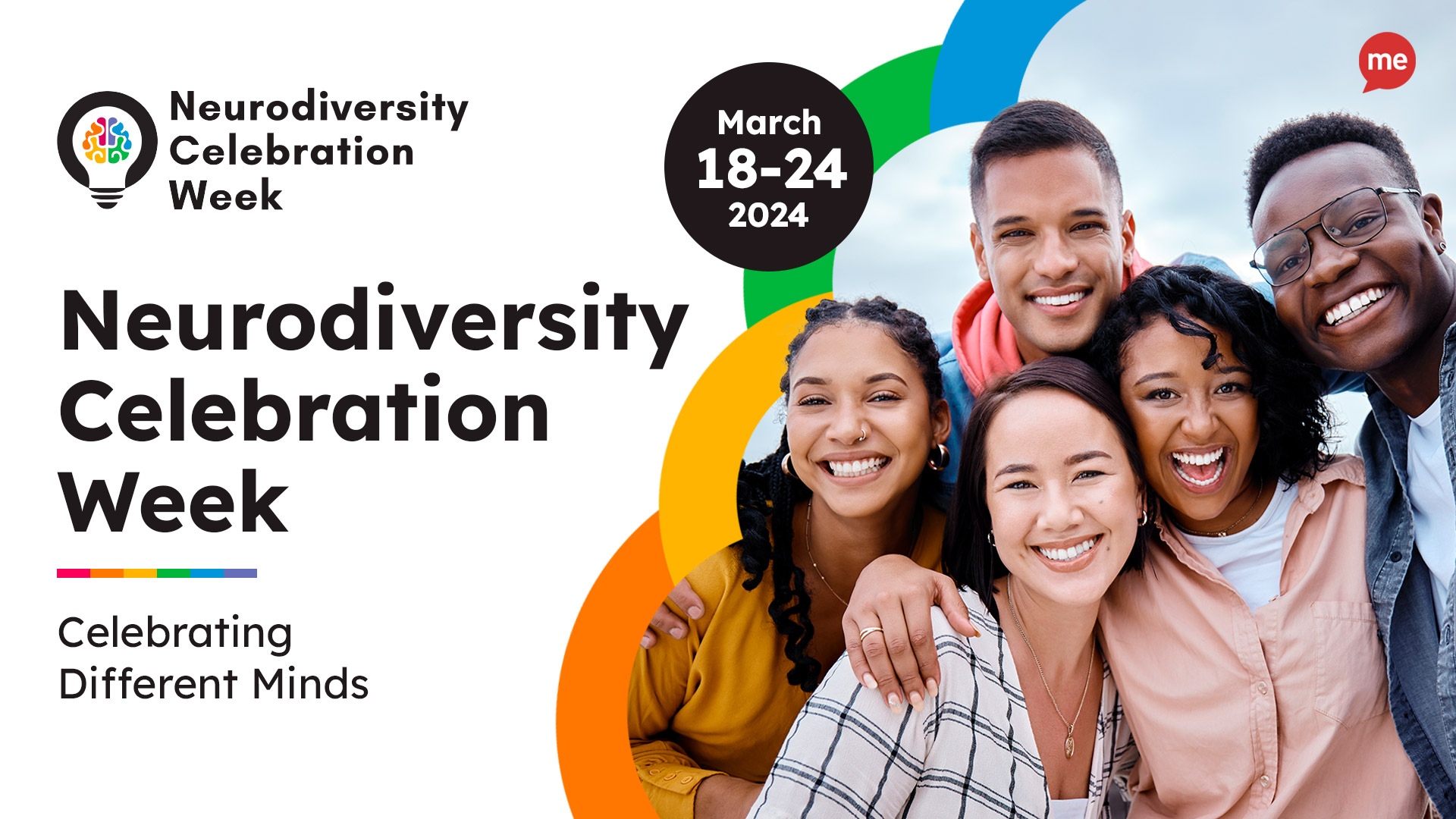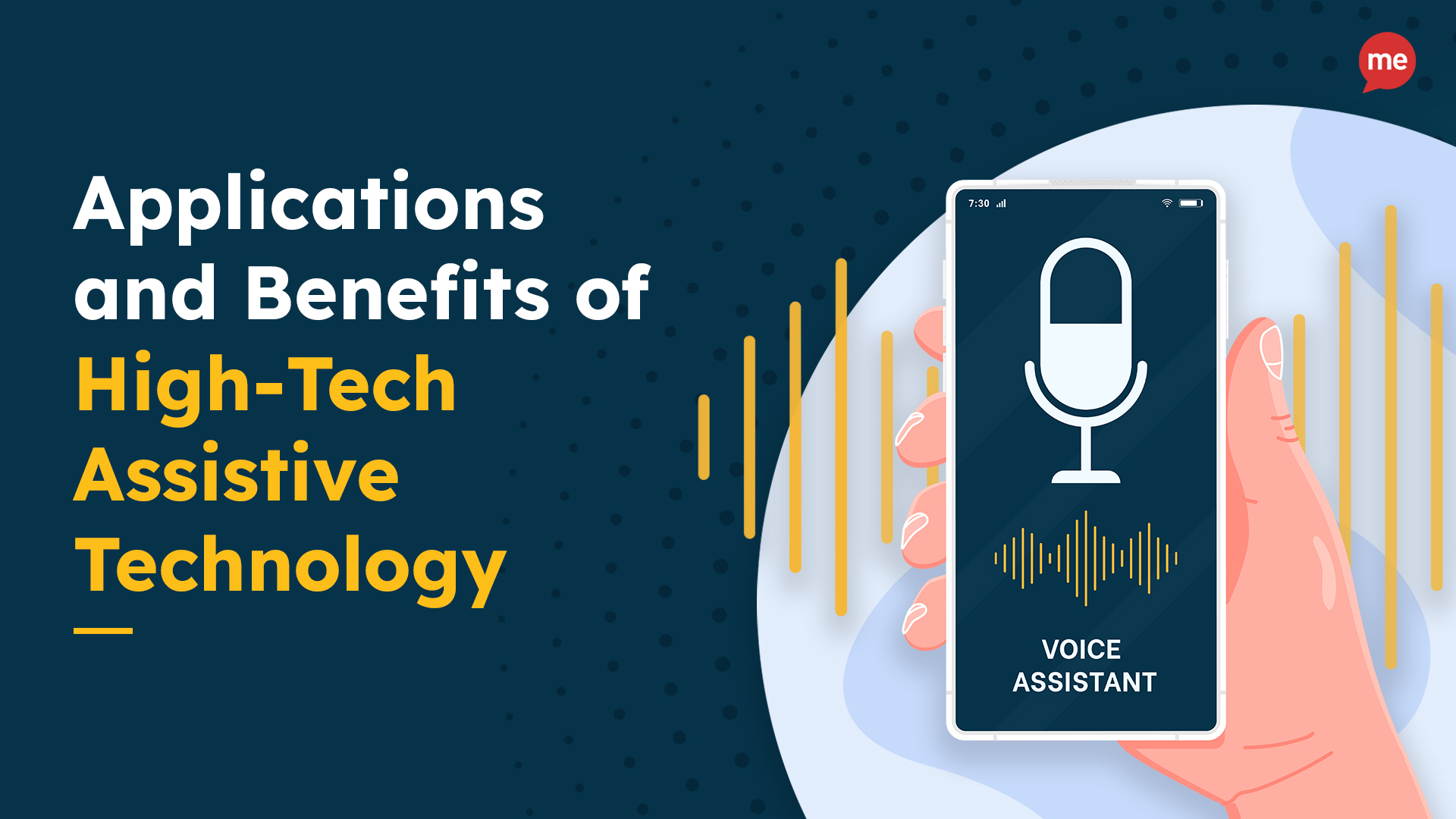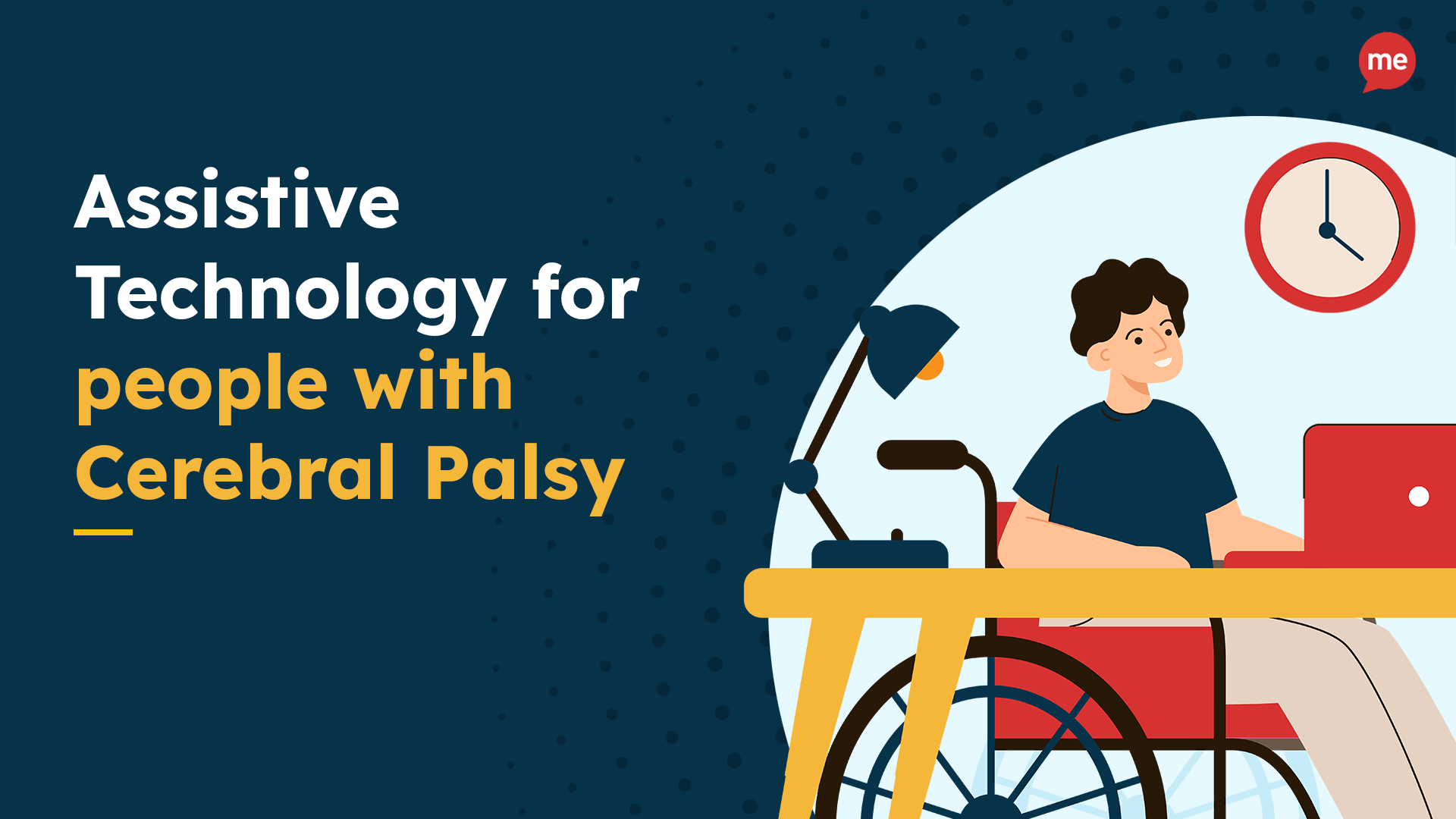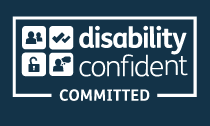European Day of Languages takes place annually on the 26th of September. The aim of the day is to encourage language learning across Europe, and to promote awareness about linguistic diversity and the importance of protecting linguistic heritage. This is definitely something that the team at Recite Me can get behind, as the text translation tool and text-to-speak translation function are two of the most frequently used components of our web accessibility widget.
Europe is incredibly diverse in many respects. It is a continent steeped in history, with a wide array of cultures and traditions, beautiful countryside and city vistas, varied architectural styles, incredible food, and of course, many languages. With English being the global ‘lingua franca’, you’d be forgiven for thinking that this is the most commonly spoken language in Europe, but that is not the case. Despite having over 400 million native speakers worldwide, only 70 million reside in Europe, which doesn’t even put English in the top 3 most-used languages across the continent:
Russian – 120 million native speakers
German – 95 million native speakers
French – 80 million native speakers
English – 70 million native speakers
Turkish – 70 million native speakers
Italian – 69 million native speakers
Spanish – 45 million native speakers
Ukrainian – 45 million native speakers
Polish – 40 million native speakers
Dutch – 22 million native speakers
The implication for business here is significant – if your website is only available in English, then you are missing out. Even if your company only operates in the English market, you are still excluding the 10% of the population who speak English as a second language.
Accounting for Languages in Business
Globally, around 1 in every 4 internet users speaks English as a first language, so it is common practice, particularly for western companies, to publish their website in English first and foremost. However, the case for having your website available in more languages is clear – accessing the other 75% of the market!
“When your site is available in multiple languages, you attract the attention of an international market. You also become identified as a global brand which elevates your status and improves your reputation. Consumers tend to trust global brands more than ones that are only known locally.”
Nick McGuire, E-commerce specialist and blogger
Many website owners try duplicating their website into multiple languages. But for smaller businesses this can be difficult due to budget restraints as the more languages you add, the more expensive it becomes. Plus, some languages require complicated coding. Take Arabic and Hebrew for example. Not only does the text need to run from right to left, but the whole layout will need to be altered and many graphical elements will need to be repositioned to account for the change.
Then comes the problem of which languages to prioritise. Granted, most companies will take time to research and analyse their website traffic data before spending on multilingual sites. However, simply knowing which countries website visitors come from doesn’t necessarily guarantee success. For example, if a website doesn’t receive any visits from Italian internet users, does that mean there is no interest in those particular products or services in Italy? Or simply that there are not enough translations in Italian to attract potential buyers?
One of the best ways to avoid all of the question marks and make your website inclusive to as many users as possible is to use assistive technology. Recite Me’s assistive toolbar makes websites inclusive by providing:
Text translations in over 100 languages
Text-to-speech in 35 languages
A built-in dictionary and thesaurus to check definitions
The Benefits of Being Linguistically Inclusive
There is always a cost-benefit analysis to consider when looking at expanding your online presence, and being inclusive of different linguistic needs does not disappoint when it comes to the list of benefits:
Increased revenue – data shows businesses that translate their landing pages and ads can expect to gain up to a 20% increase in conversions.
Discover new markets – A translation service on your website can open up your company to new customers from markets you previously could not access – or were not aware you could access.
Get more website traffic – The more people you can attract and keep browsing on your website, the better your site will do in search engine rankings.
Build trust and strengthen your brand – More visitors to your website means more awareness of your brand in general. But also, customers favour brands that are value-driven, so you can further improve your brand reputation through being inclusive of varying linguistic needs.
Statistics & Case Studies
Currently, Recite Me software is helping thousands of companies to be more inclusive. In the last 12 months, our toolbar made 21,663,682 translations in total, and the top five languages used were Arabic, English, Spanish, French, and Italian. This is not to say that these languages will always be the most used. That will come down to what industry you are in, and where your company is based.
In terms of industry sectors, services that are regularly used by a wide cross-section of the community are some of the most important when it comes to being inclusive. This includes businesses like utility companies and transport providers:
Western Power delivers electricity to over 7.9 million customers over a 55,500km² area in the Midlands, the South West, and Wales. In the past 12 months on their website, users have made over 6.5 million translations using the Recite Me.
Gatwick airport is the second busiest in the UK, and the 9th busiest in Europe. Over the past 12 months using Recite Me software on their website, users have made nearly 2million translations.
South Western Railway operates almost 1,700 train services per day, and is the main provider of rail transport in western Surrey, Hampshire, and Dorset, and also serves London, Berkshire, Wiltshire, Somerset, and Devon. In the past 12 months on their website, users have made nearly 100,000 translations using the Recite Me.
The education sector benefits significantly by making accommodations for those who do not speak English as a first language. 2019 statistics show that there are almost half a million international students enrolled on higher education courses in the UK:
Merthyr Tydfil College offers over 30 A Levels, a range of vocational courses, and is home to around 4000 students. They have seen half a million translations the past 12 month with the Recite Me software on their website.
Ed Place offers home learning solutions from year 1 through to GCSE. Since installing Recite Me software on their website, users have made over 350,000 translations in total across the various Ed Place domains.
London University is home to nearly 227,000 students and was one of the first educational institutions to embed the Recite Me toolbar onto their website. In the past 12 months, users have made over 80,000 translations.
You don’t need to be a national corporation or large institution to benefit from translation tools, however. Even smaller local and regional businesses are seeing the advantages:
Everton FC is a premier league football team whose stadium regularly hosts between 36,000 and 38,000 home fans in the stands on match days. Over the past 12 with Recite Me installed on their website, users have made over 70,000 translations.
Situated in the heart of London, the Strand Palace Hotel offers a range of rooms and services for both leisure and corporate guests. In the last year with Recite Me software on their website, users have made nearly 20,000 translations.
The Jorvik Viking Centre in York welcomes over 400,000 visitors per year. In the past 12 months and through the pandemic they have seen users translate nearly 6000 pieces of content.
Get ‘Down with the Lingo’!
While European Day of Languages aims to break down linguistic barriers in a more general and social sense, we hope you are starting to see the benefits of being inclusive of more diverse language needs online. If you need more information, statistics, or would like to see a demonstration of how our assistive toolbar works, please feel free to contact our team.
If you would like to get involved in European Day of Languages on the 26th, the European Centre for Modern Languages (ECML) has set up a website with multiple resources including activities, games, fun facts, and self-evaluation tools, available in 37 languages.






